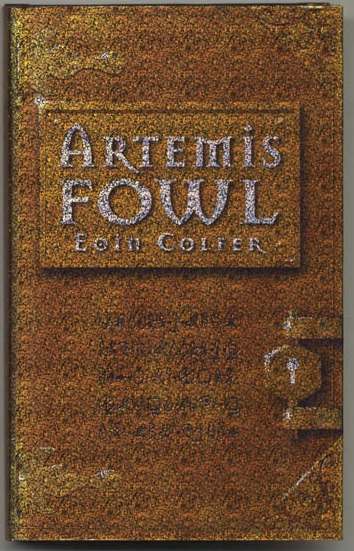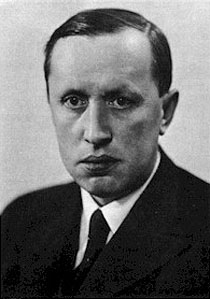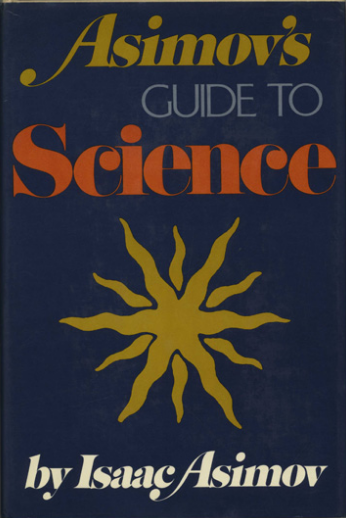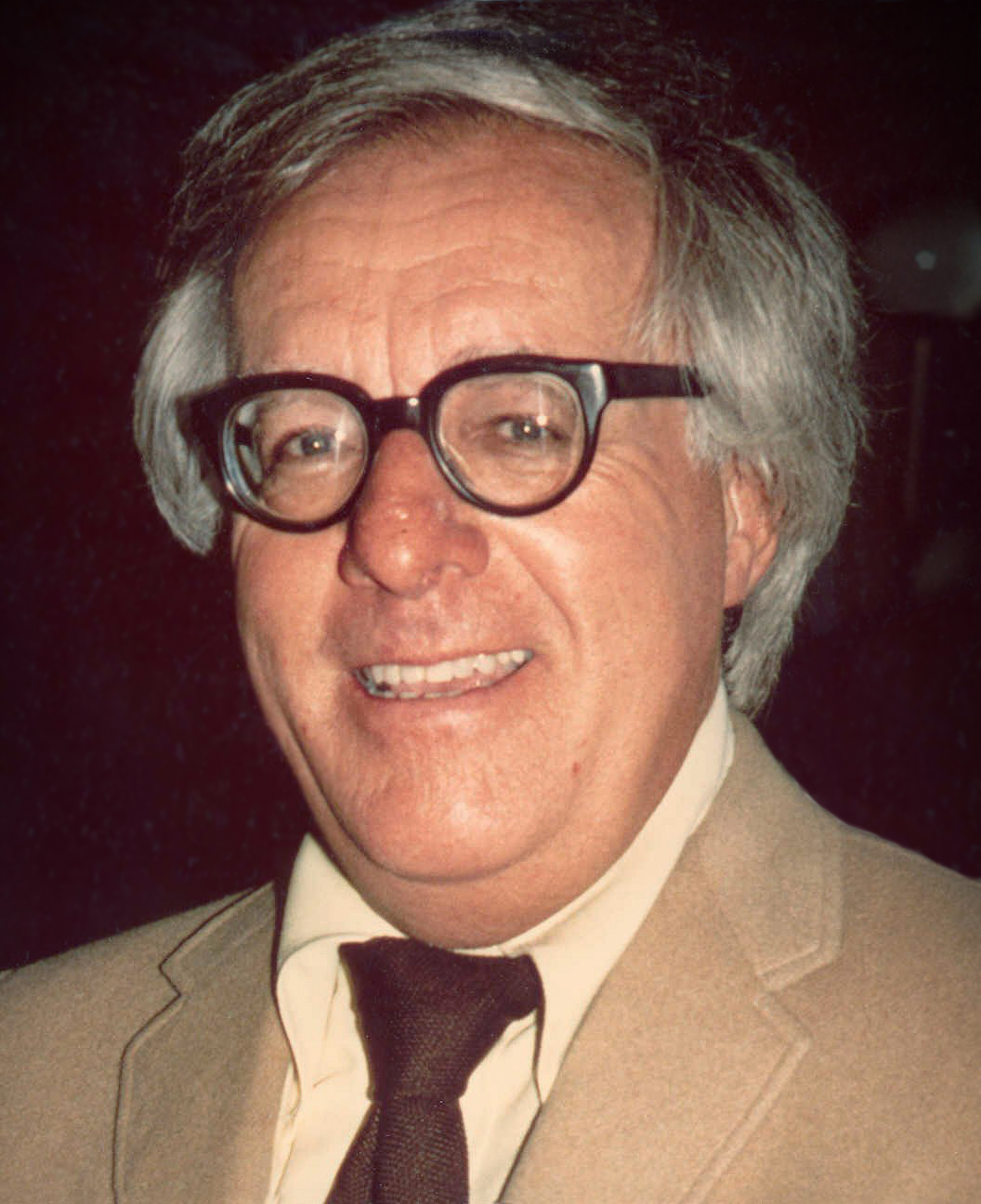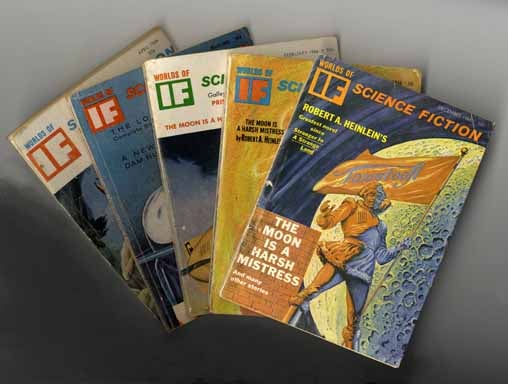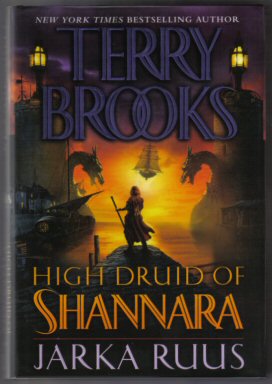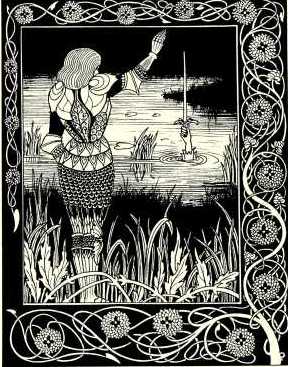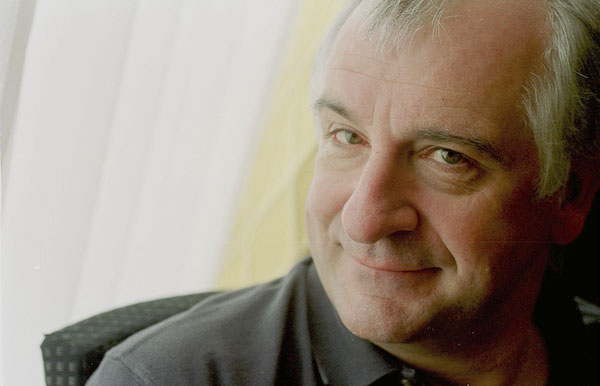The paperback has been around since the Civil War, but it wasn’t until steam-powered printing presses and the growing technology that impacted the ability to produce, transport, and sell cheaper versions of heavier hardbacked bound volumes that the paperback truly began to impact the way Americans read and how they viewed the world. With the opportunity to read more, write more, and experience direct variety in our reading habits, the paperback caused a small revolution. To witness it, you’d only have to look as far as the new revolving book stands at the local drug store.
us toll free: 1-800-948-5563 international: +1 (843) 849-0283 UK: +44 (0) 1334 260018





